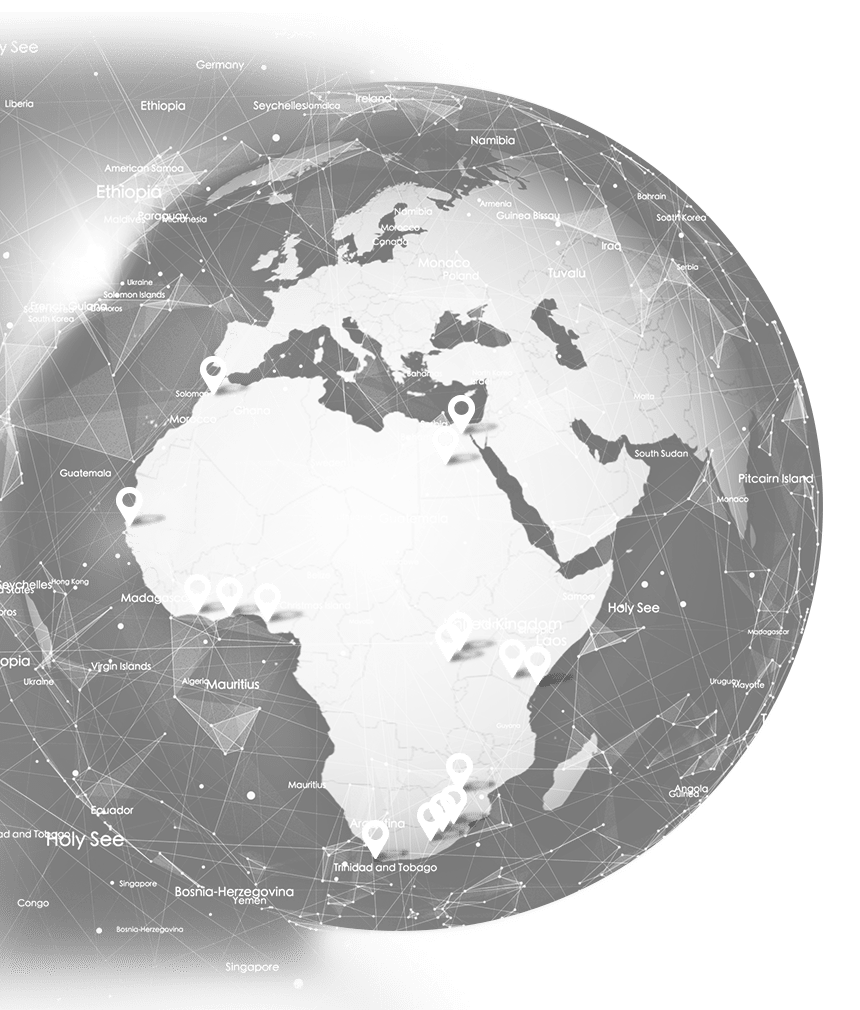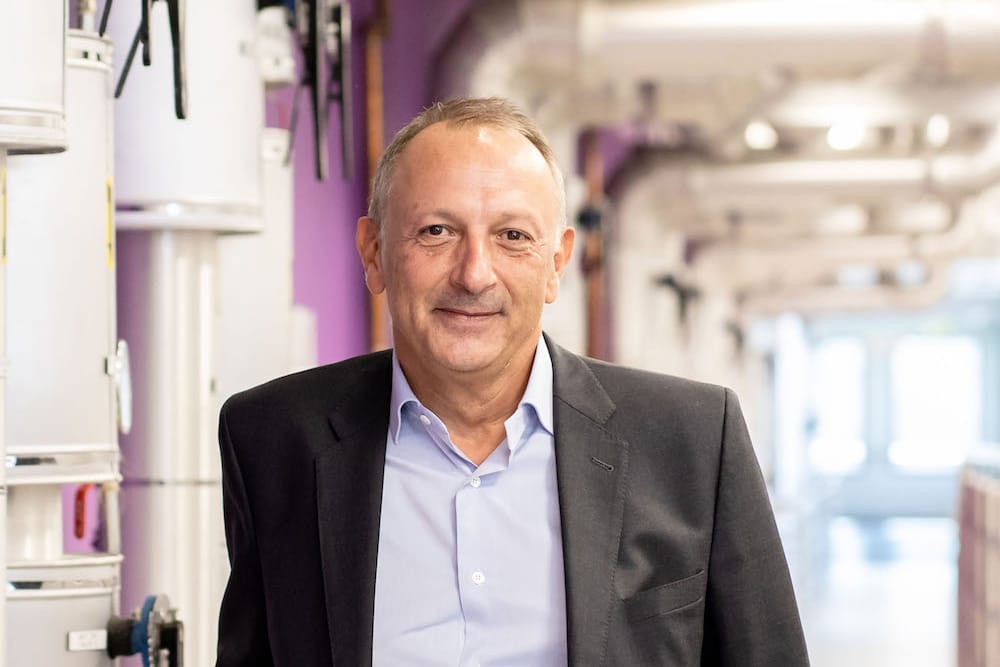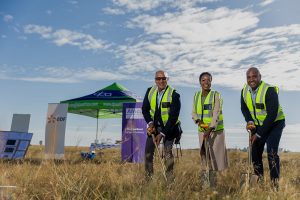When Liquid Telecom first approached Stephane Duproz to lead its data centre business, he could immediately see that the company was sitting on a winner. However, it would require significant organisational changes to realise its full potential.
“We realised that there was more potential than originally thought and I presented a big development plan,” Duproz told MyBroadband during a recent interview at AfricaCom.
His plan started with separating the entire data centre business from Liquid.
There are many data centre operators in Africa, and there are even companies that operate data centres in several countries on the continent, but they are all telecommunications providers.
Until Africa Data Centres, there was no pan-African carrier-neutral data centre provider on the continent.
In essence, carrier neutrality means that a data centre does not favour one telecommunications provider over others.
“Without carrier neutrality, there is no story,” said Duproz.
“Everywhere in the world, the big success, the value created by data centres is when they are carrier neutral.”
His pitch was successful. Africa Data Centres was formed as a sister company to Liquid Telecom, rather than a subsidiary. Duproz serves as the Chief Executive Officer for Africa Data Centres.
Sitting on a goldmine
Liquid’s play to become a data centre powerhouse in Africa began with a series of acquisitions.
“It started with the acquisition of companies like Kenya Data Networks in Kenya, and Neotel in South Africa,” Duproz said.
“That came with customers and customer contracts, and obligations linked to those contracts.”
At that point Liquid decided to significantly strengthen the team dealing with data centres and the company recruited someone to deal with it.
“That was me a little more than a year ago,” said Duproz.
Duproz then recruited seasoned data centre professionals from Europe and the United States to bring in the global expertise needed to grow the business.
Among them is Katie Hill, who worked at Apple for nearly five years, procuring energy for its data centres and heading up its Clean Energy Programme.
Xavier Matagne joined Africa Data Networks from global data centre giant Equinix, where he worked for more than eight years. Matagne led various development projects across the EMEA region.
Duproz himself was Group Director for Europe at Global Switch, and before that was MD of the French subsidiary of TelecityGroup.
“There are plenty of skills here, but we have 20 years of experience Africa doesn’t have yet,” Duproz said.
Stephane Duproz
Growth
When US-based industry giants like Microsoft, Amazon, and Google have data centre needs in North America or Europe, they know who to ask.
“In Africa, they don’t [know who to go to],” Duproz said.
This is something that has delayed the take-up in African data centres by big hyperscalers like Amazon Web Services.
“We are bringing the experience to work with local skills, to create a world class organisation so that the Americans feel comfortable,” said Duproz.
By presenting a global pedigree to the American cloud giants, they know they have found a partner they can trust.
Since launching just over a year ago, Africa Data Centres has tripled its capacity and its footprint across Africa.
They started with facilities in Cape Town, Johannesburg, and Nairobi, and have expanded to Mombasa, Lagos, Harare, Kigali, Abidjan, Dakar, and Casablanca.
Carrier-neutral
Each of these sites are interconnected. Duproz said that a benefit of being founded out of Liquid Telecom is that they don’t have to wonder or worry where the initial connectivity for a site will come from.
However, he made it crystal clear to Liquid that they will not receive any preferential treatment from Africa Data Centres.
From a corporate perspective, the company is held in London through Africa Data Centres Holdings Limited. They also recently incorporated a (Pty.) Ltd. company in South Africa, with two Liquid Telecoms executives as directors: Reshaad Sha, and Malvin Meyer.
Although Africa Data Centres is a sister company to Liquid Telecom, Duproz said that clients will never be pressured to choose Liquid for connectivity.
In fact, to ensure there is a diversity of connectivity options available at their data centres, Duproz said that he is incentivising other carriers to come and compete with Liquid in their facilities.
Duproz also told MyBroadband that they have no intention to own the Internet exchange points in their data centres. For that reason, they have partnered with exchanges like INX-ZA and the Kenya Internet Exchange Point.
“The Internet, which is the base of the digital ecosystem, likes freedom. It like open access,” said Duproz.
“What we are doing, is helping local communities develop their own independent Internet exchange points.”
This article was published in partnership with Africa Data Centres.





